November 5, 2024
Quantum computing goes from the lab to government and business
The Horizontes lecture series, organised by Ayesa and the Seville Royal Academy of Science, has begun with an event on quantum computing. This emerging technology aims to create solutions to problems that cannot be dealt with using classic computing due to the vast volume of data and correlations.
IBM’s Global Head of Quantum Integration and HPC (high-performance computing), Antonio Córcoles, explained how the progress made over the past five years points to a promising future and invited those present to explore the multinational’s cloud platform.
The Basque Country and Andalusia have invested in a number of projects and have become leaders in this innovative technology through business, talent and research ecosystems.
After three decades of research, quantum computing is finally leaving the lab and being harnessed by governments and businesses around the world. This was the conclusion reached by the experts who attended the Horizontes lecture series last Friday. The event, which took place in Seville, was organised by Ayesa’s Research, Development and Innovation Team alongside the Seville Royal Academy of Science.
Although quantum computing still has a long way to go, it is currently at a crossroads. This was explained by Antonio Córcoles, Global Head of Quantum Integration and HPC at IBM: ‘We shouldn’t wait around for quantum computing to mature because there is a very steep learning curve ahead. Instead, we should embrace it now’.
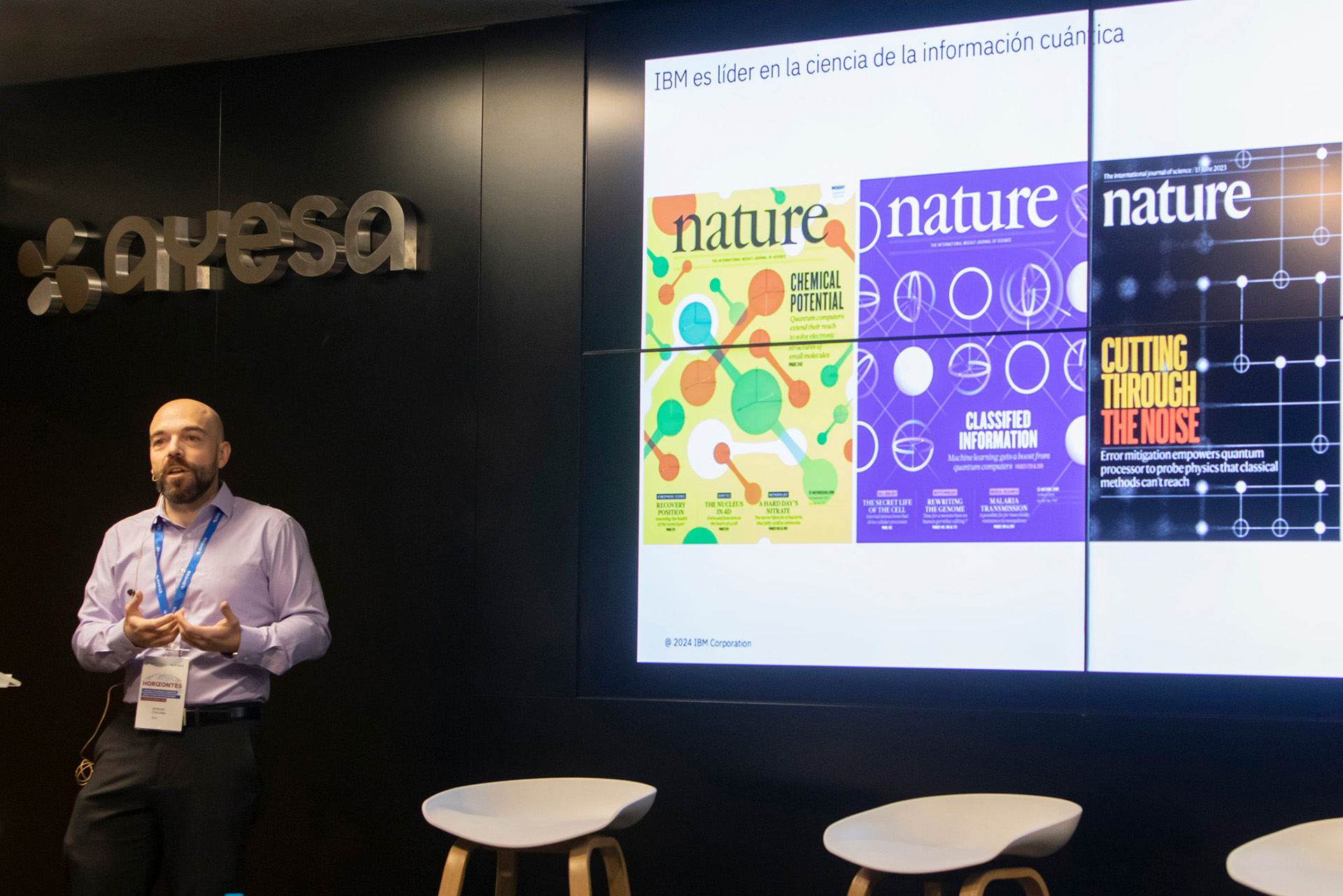
Quantum computing focuses on creating solutions to problems that traditional computing cannot deal with. These include factoring large numbers and developing new materials. ‘The progress made over the past five years points to a promising future. We’re now in the era of quantum utility. Although we’re still some way from harnessing all the advantages of quantum circuits, this emerging technology does offer an optimal solution to computational problems’, he noted.
He then went on to encourage those present to experiment with IBM’s quantum cloud platform, which currently has 635,000 users. He also explained how major companies are exploring this technology due to its enormous potential to transform entire areas, such as science and technology. To finish, he highlighted the importance of managing expectations and being realistic in terms of the maturity of quantum computing.
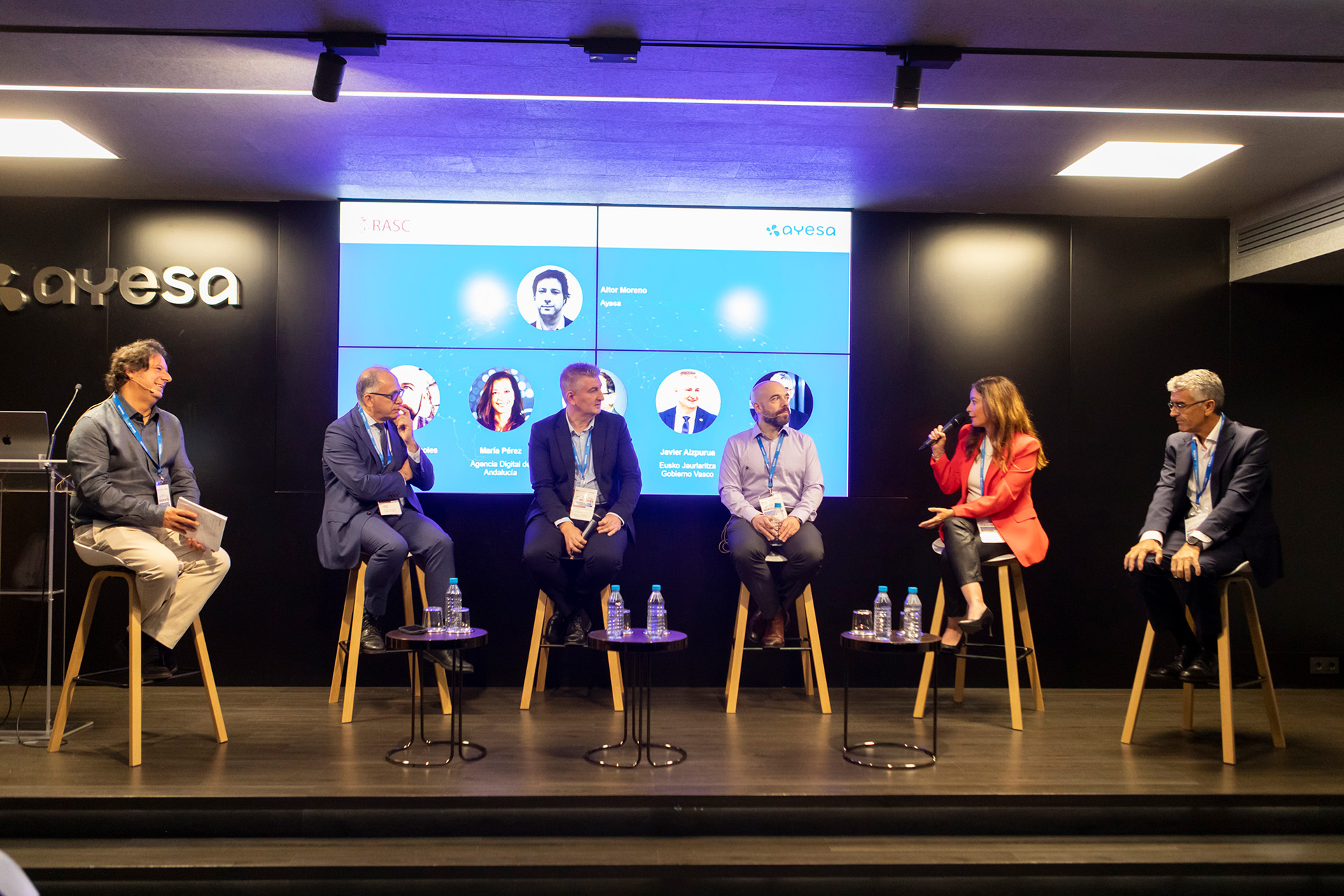
A round-table discussion was then held. Moderated by Aitor Moreno, Head of Quantum Computing at Ayesa, it was attended by Adolfo Morais, Deputy Minister for Universities and Research in the Basque Country, who explained how the region began to implement its quantum strategy in 2018: ‘We were looking to take our technology strategy to the next level, and quantum computing was one of the areas with the greatest potential for research and innovation in business’.
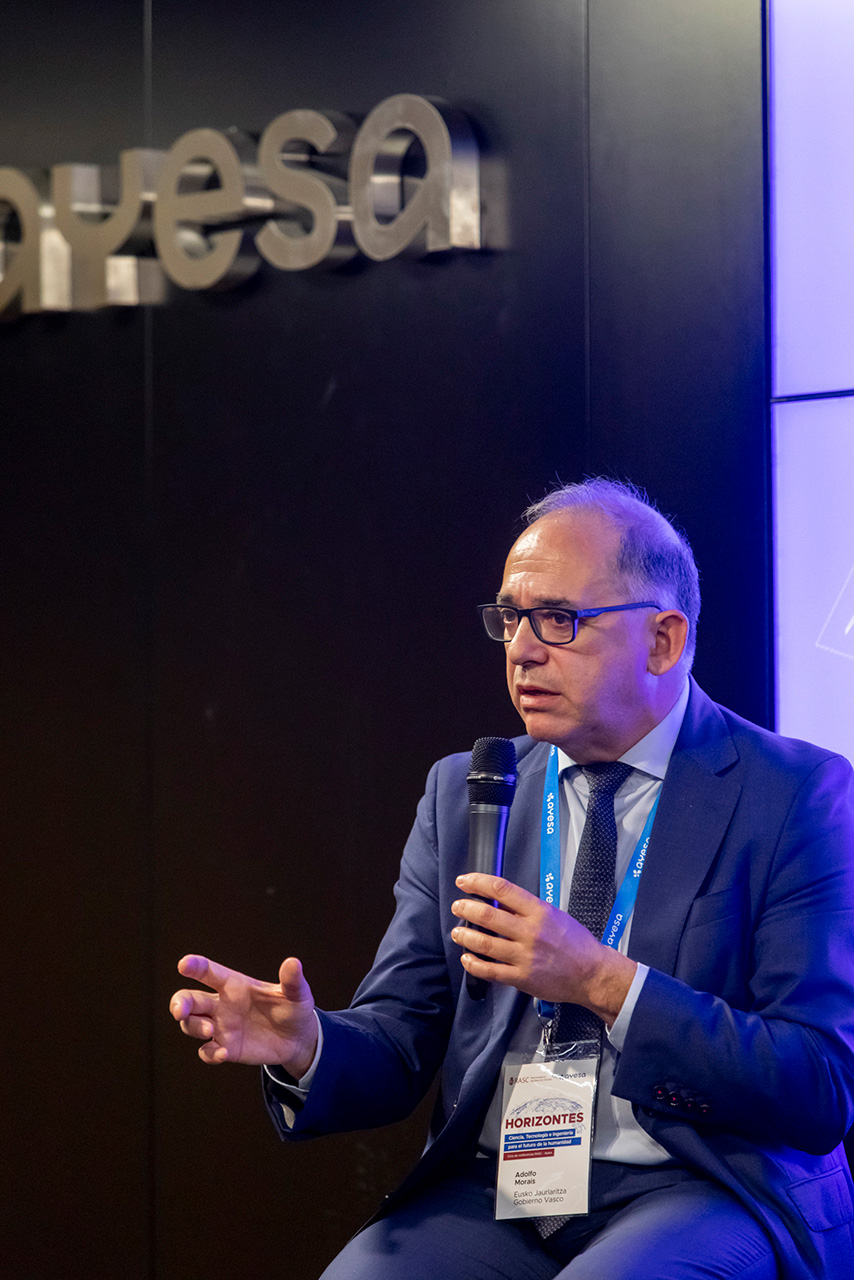
The regional minister outlined the long-term vision of the Basque Government, which has committed to investing at least EUR 150 million to develop a talent and quantum computing ecosystem between now and 2030. ‘Our goal’, he remarked, ‘is not just to use quantum technology but also develop it, something that will make Basque companies more competitive on a global level’.
For Javier Aizpurua, Director of the Basque Government’s Quantum Basque Strategy, this technology has the potential to play a crucial role in ‘solving extremely complex problems in areas such as physics and engineering’. He added that the region has a network of international collaborators and that in 2025 it will have one of the few IBM quantum computers in the world.
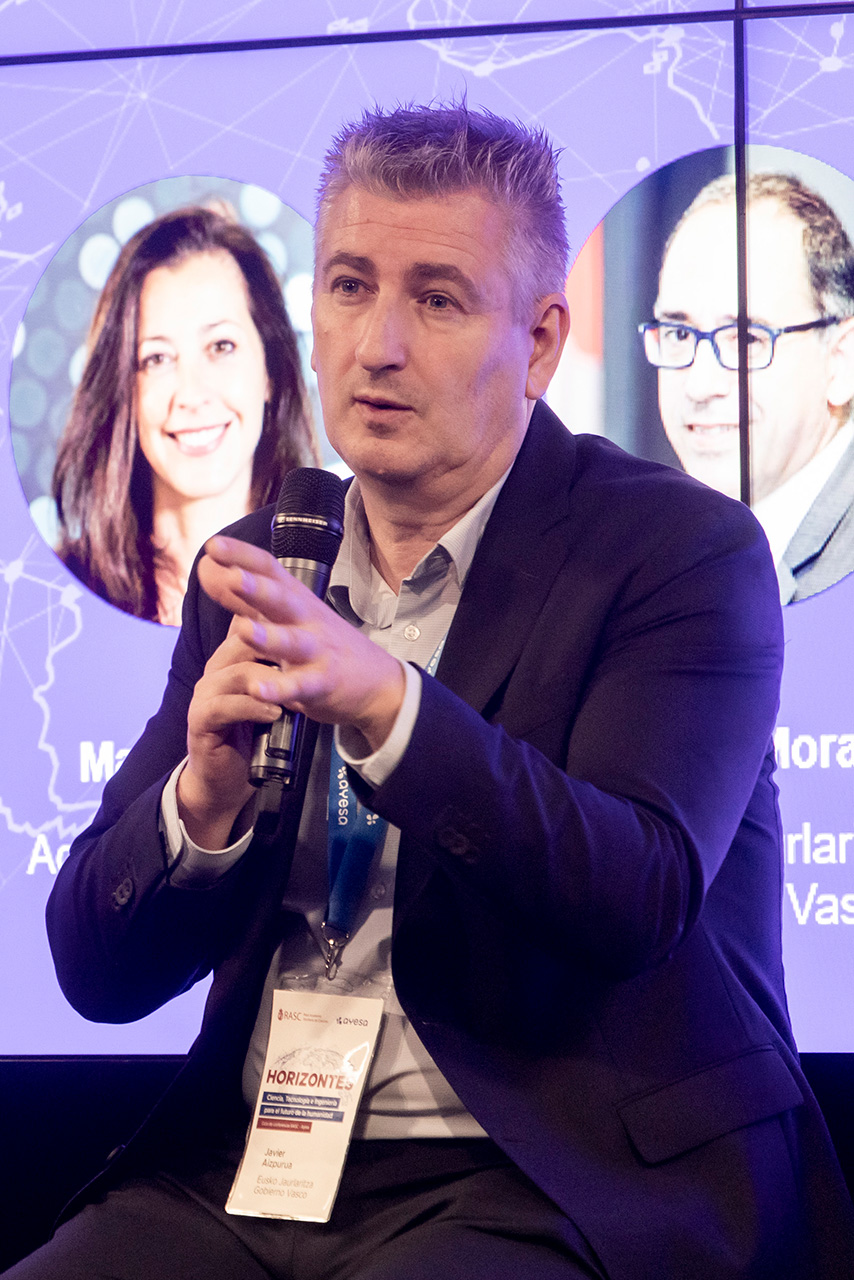
He went on to explain: ‘The biggest challenge now is developing quantum algorithms, still in their infancy, and creating real, valuable solutions for industry based on these. Within this context, companies such as Ayesa will play a key role as quantum computing doesn’t just require advanced hardware’.
Participants then turned their attention to Andalusia. María Pérez Naranjo, General Director of the Andalusian Digital Agency, explained how the organisation was created three years ago, based on the belief that quantum computing was one of three exponential technologies, the other two being cybersecurity and AI.
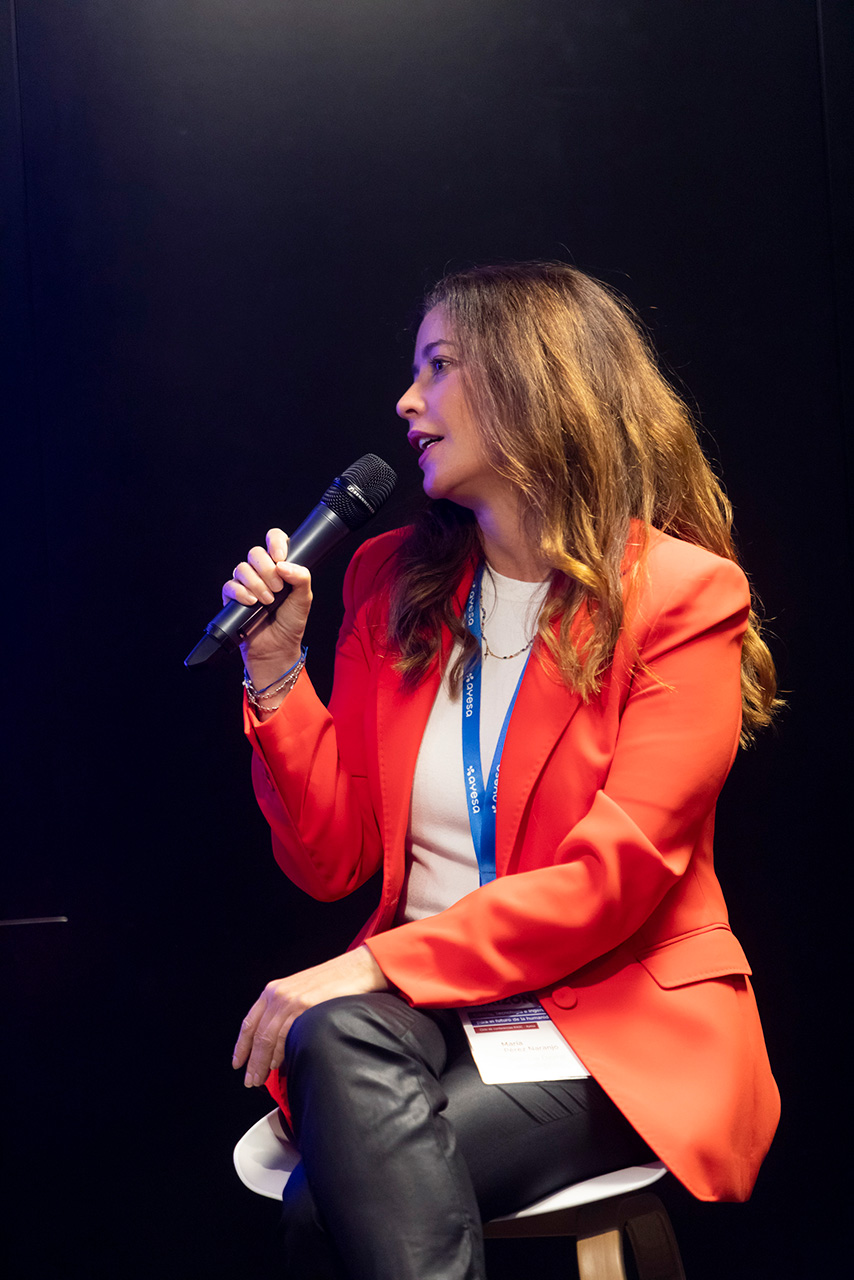
She remarked: ‘Andalusia has begun to implement projects designed to foster the use of quantum technology. These include the Hércules project, led by the Andalusian Scientific IT Centre (CICA), which aims to provide start-ups and other companies with access to quantum simulators. We are also laying the foundations for an ecosystem designed to attract talent and capital for R&D’.
To finish, Roberto García, Director of Sustainability and Food Development at Cajamar highlighted how sustainability and the efficient management of resources are set to be the two big challenges faced by the food industry. He went on to note that technology will be key to tackling these challenges: ‘Since being founding, Cajamar has been involved in farming a region that constantly suffers from droughts. That’s why it is constantly looking for innovative solutions to optimise the use of natural resources. Our hope is that quantum technology will help increase efficiency and production in agriculture, as well as allow for the sustainable use of water and energy’.
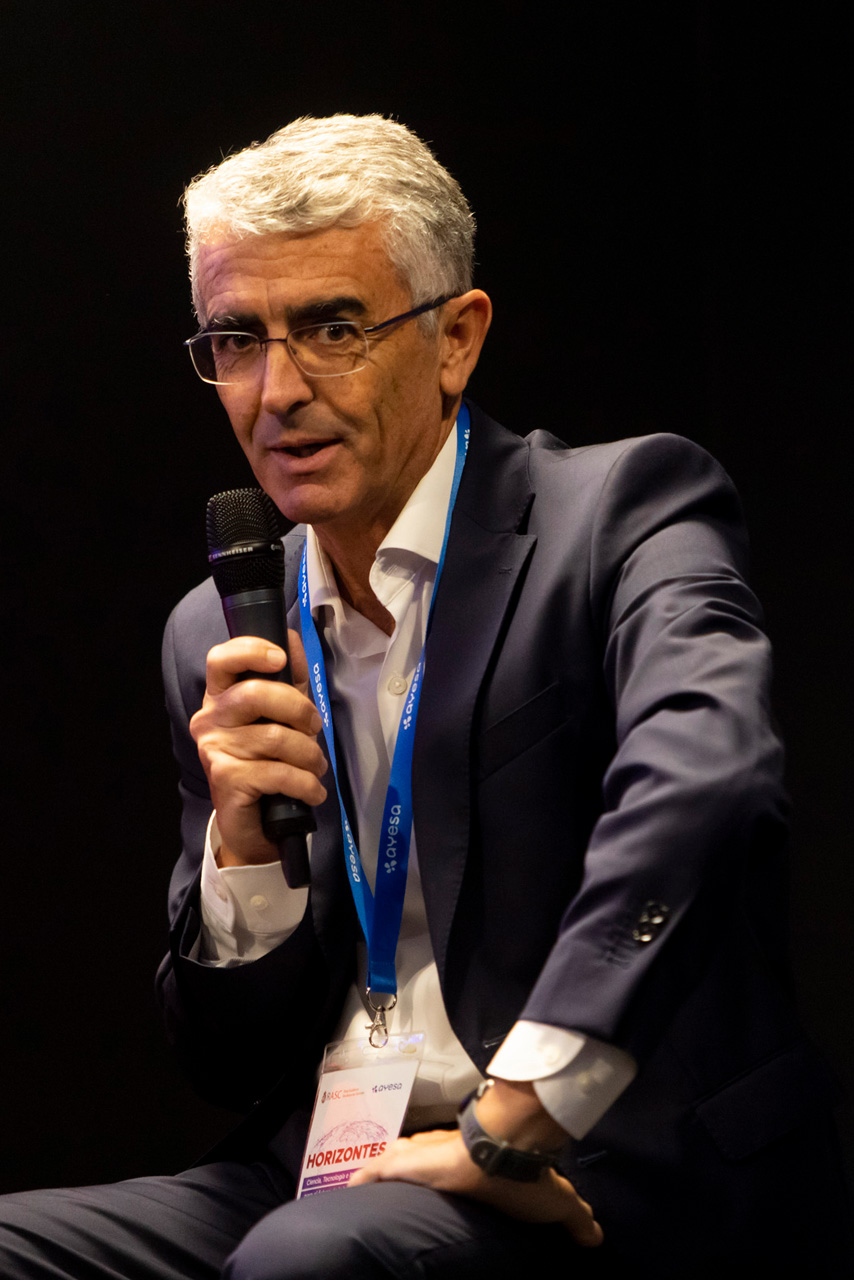
Ayesa: pioneers in quantum computing
Ayesa is part of a group of leading companies in Spain that is driving progress in quantum computing. As such, it has been involved in a number of innovative projects in this area. These have seen it develop a platform for Mercedes-Benz based on classic and quantum AI, able to automatically detect anomalies before vehicles enter the production line; as well as a solution to assign sales outlets to workers at the Spanish Association for the Blind (ONCE), based on their sales volumes.
During the presentation of the Horizontes lecture series, Honorary President of Ayesa, José Luis Manzanares Japón, highlighted Ayesa’s commitment to serving society through innovative technology and engineering. He also outlined the company’s long history of innovation and work in mathematical calculations.
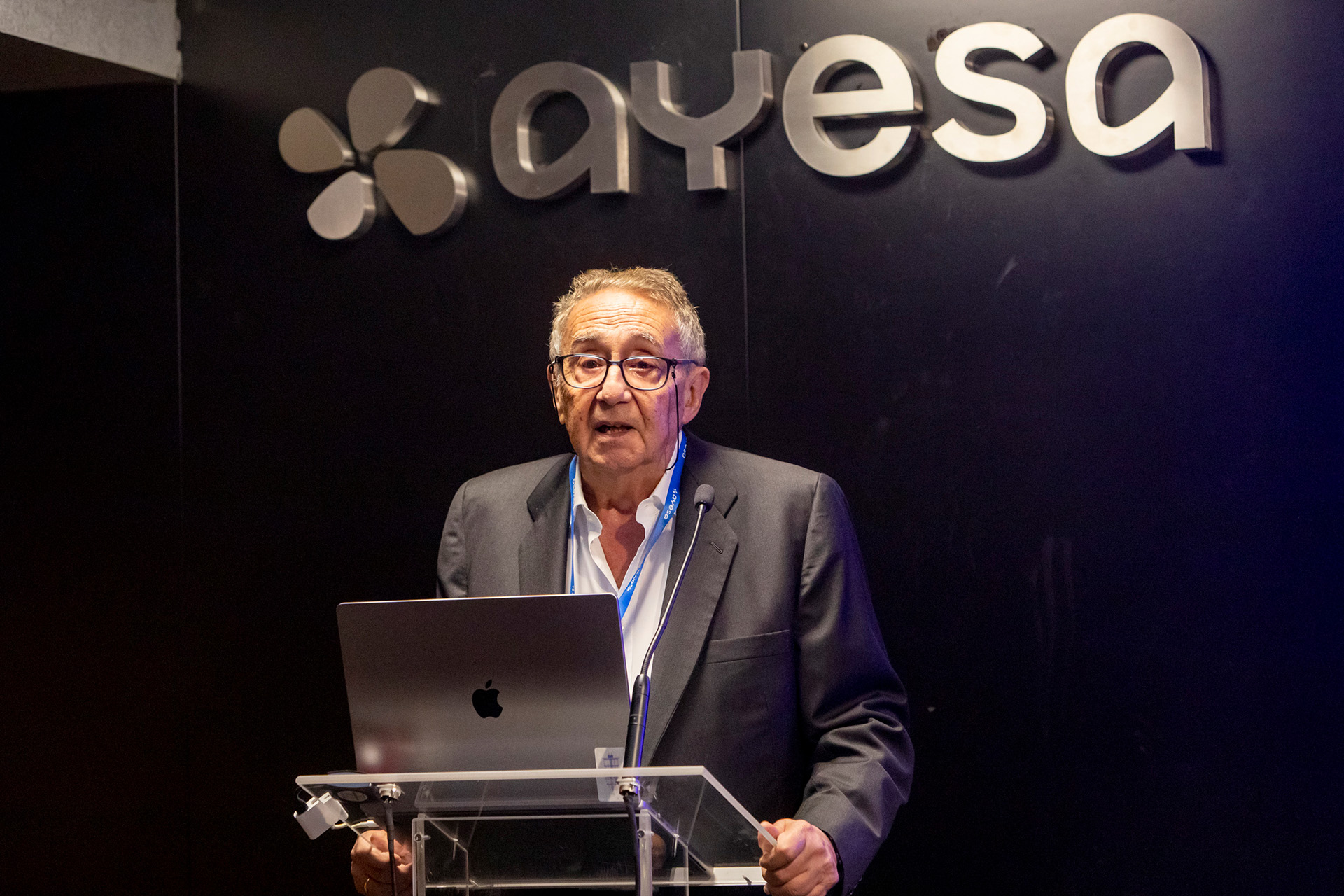
‘Science and technology have been a central part of Ayesa since its founding. In fact, we were the first company to design a smart gate for irrigation canals. The most important thing for any company is to keep up with new trends and emerging technology. This is particularly true of quantum computing, which represents the future of IT’.
During the presentation of the event, Antonio Gómez Exposito, Professor at the University of Seville, also talked about the Seville Royal Academy of Science, which was created 40 years ago and remains true to its mission of fostering and disseminating science and technology.
We support your projects
We are here for you, to advise you personally and offer you the product you need.